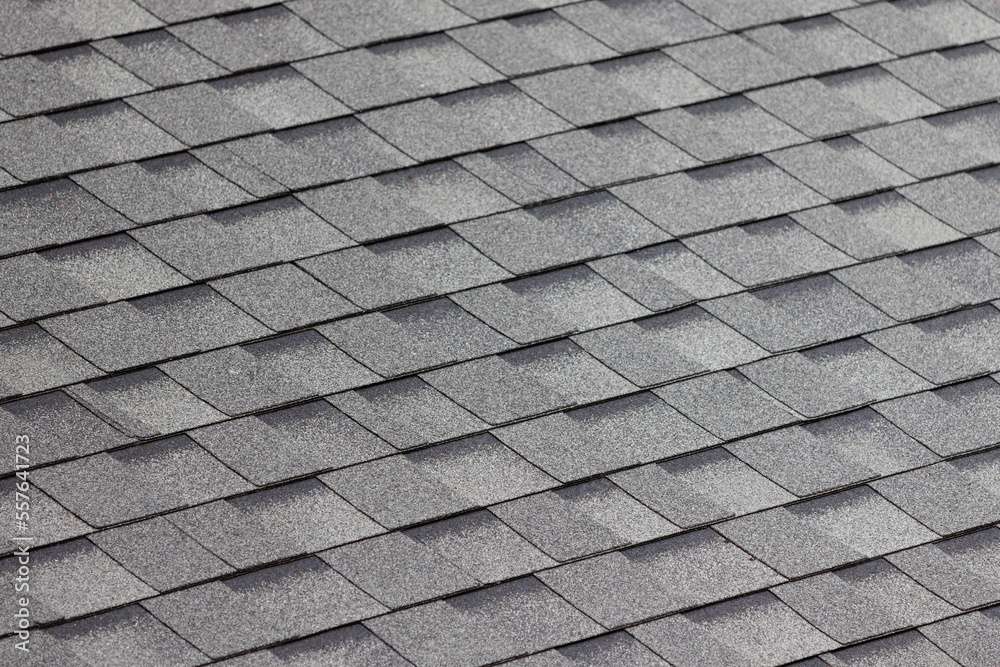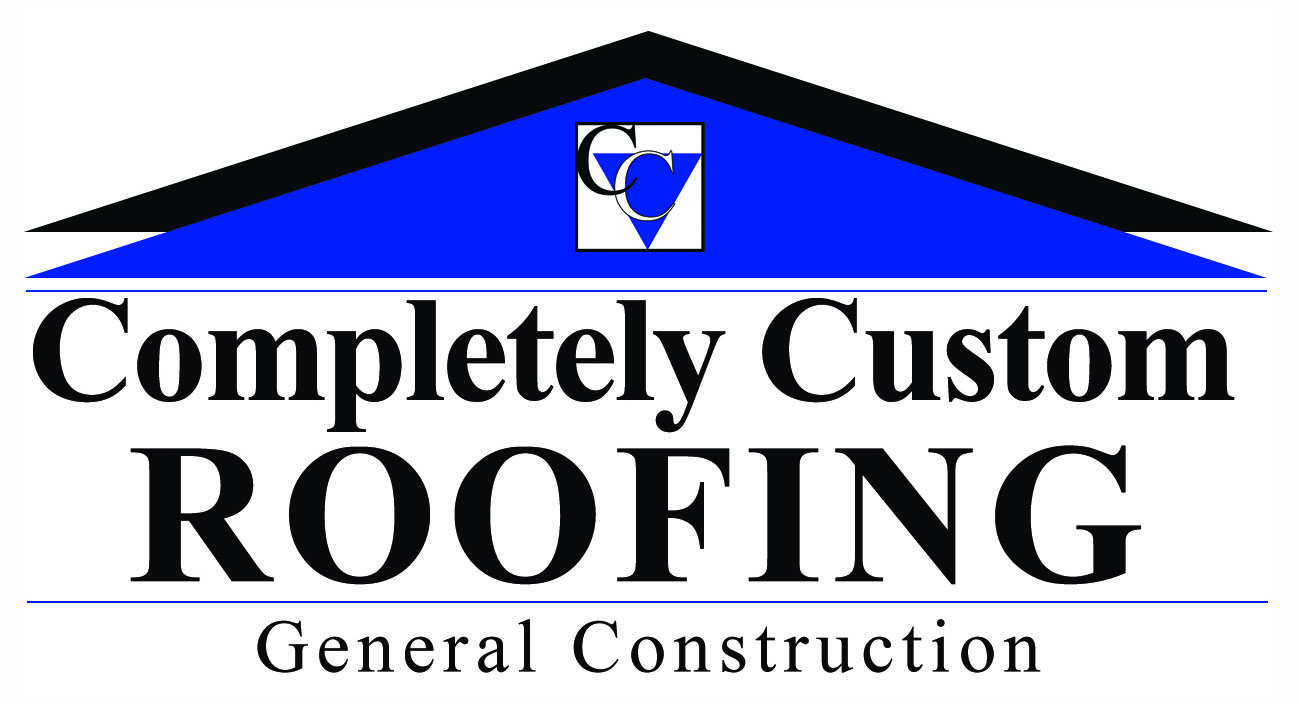
Frequently Asked Questions
01. What are signs that my roof may need repairs?
Signs that your roof is in need of repair include missing shingles, curling or buckling shingles, leaks, and visible sagging or dark spots on the ceiling.
02. How do I know if my roof needs to be replace or repaired?
To determine whether to repair or replace your roof, you should consider its age, the extent of damage (leaks, missing shingles, cracked shingles, etc.) and the cost of repairs versus replacement. You can consult a roofing professional for an assessment.
03. How often should I have my roof inspected?
It is generally recommended to have your roof inspected at least once a year, but there are specific circumstances and factors such as severe storms that might necessitate more frequent inspections. While you can do a visual check yourself, it’s best to hire a professional for a thorough inspection. They can identify issues that may not be visible to the untrained eye.
05. What is the typical lifespan of a roof?
The typical lifespan of a roof varies significantly depending on the type of material used, the quality of installation, climate and maintenance. Here is a general overview of the expected lifespans for common roofing materials.
Asphalt Shingles: 15 to 30 years
Metal Roofing: 40 to 70 years
Wood Shingles and Shakes: 20 to 40 years
Slate: 75 to 100 years
Clay and Concrete: 50 to 100 years
06. Is it possible to install a new roof over an existing one?
Yes, it’s possible to install a new roof over an existing one, a process known as reroofing or an overlay, but it’s not always the best option and depends on the condition of the existing roof and local building codes.
07. What should I do if my roof is damaged by a storm?
If your roof is damaged by a storm, prioritize safety, assess the damage from a safe distance, document it with photos, and contact your insurance company and roofing contractor immediately. Download our Storm Damage Checklist.
08. What factors influence the cost of a new roof?
The cost of a new roof is influenced by several factors, including the size and complexity of the roof, the type of roofing materials chosen, labor costs and the condition of the existing roof.
09. Are roofing materials and service covered by a warranty?
Yes, both materials and service (workmanship) are typically covered by warranties with manufacturer warranties covering material defects and contractor warranties covering workmanship issues. Check out our warranties page for more information.
10. What steps should I take if my roof is leaking?
If your roof is leaking, immediately contain the water, move valuables away from the leak, and contact a roofing professional and your insurance company to assess the damage and make necessary repairs.
